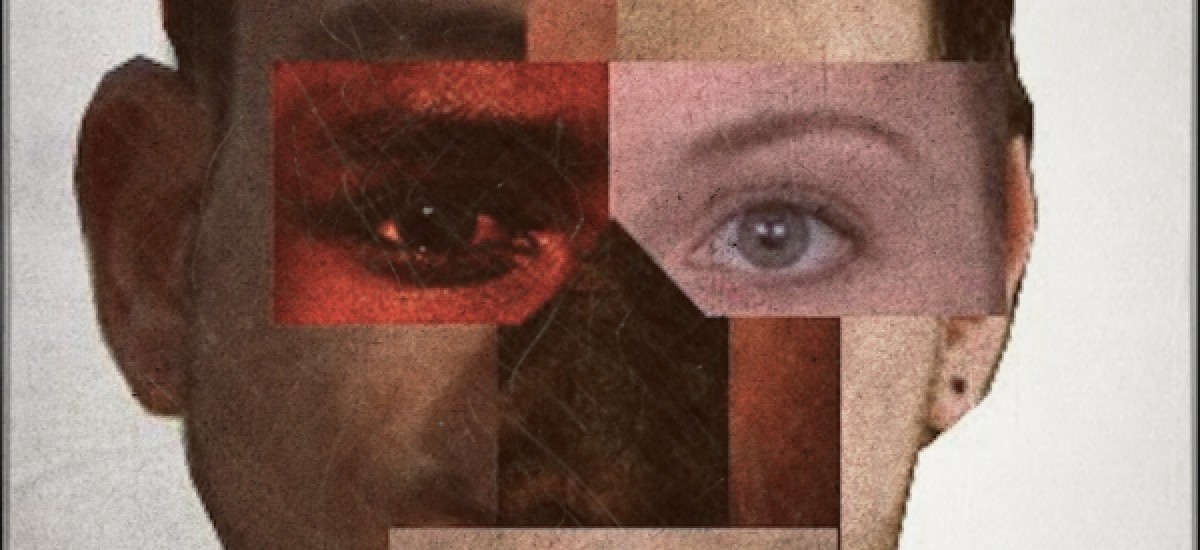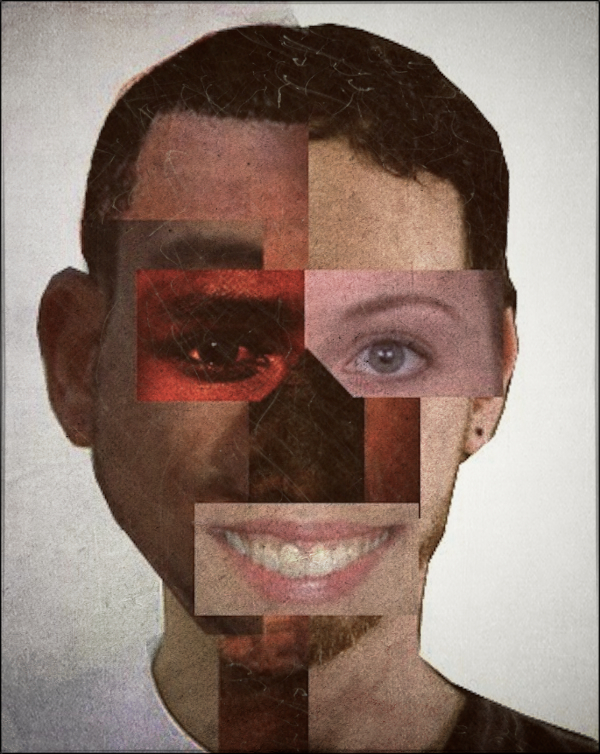Up until just two years ago, I have only known a Sri Lanka at war. And it was possibly just over a decade ago when I came about to comprehending that we were in fact, at war with ourselves.
Having recently just returned from yet another visit to my ‘island of birth’, I found it quite upsetting to witness for oneself a country more divided than ever before. The post-war optimism of the previous year seemed to have fizzled into a general state of discontent; divided between the fight for supremacy in national identity, and the undecidedness in satisfaction over the way the country is being run.
More dispiriting (and within a much shorter time frame) than a two-decade-long civil war it appears, is an election deemed inconsequential and the loss of repute under global condescension.
“Oh, what do you know about National identity?” I’ve been scorned at far too many a time whenever attempting to bring up the discourse.
Fair enough.
Having resided in the Middle East for the past 23 years, returning to said country of origin for just a couple of months every year doesn’t exactly entitle me to a microphone and podium to rile up an audience who’ve stayed put long enough to allow those metaphorical roots to very nearly take on a literal texture.
So having been booed off every forum debating the topic National Identity, am I, and the estimated 2 million Sri Lankans living abroad, to resign ourselves to the topic of Inter-National Identity?
To our fellow country-(wo)men, it is unfathomable how one has the nerve to claim to have anything to do with a passport, the origin of where you’ve spent less than half of your lifetime. The catch-22 being that on the other hand, the country where you’ve actually been reared fails to wholly accept any native tongue other than their own.
Only an expatriate can comprehend how one can pledge allegiance to two, very different flags. Many a pseudo-Australian with humbler island roots for example, will still vouch for the boys in royal blue when it comes to sport. Near veterans of the UK can be completely immersed in the politics of the land, yet still prefer a cuppa of highland Dilmah over a Twinings Earl Grey at tea time.
I personally, can whinge about the numerous ‘gifts’ I’ve been forced to pay off the Grama Sevaka just to speed up the process of registering my National ID card, and at the same time gripe over the wasta that only the Emirati locals can acquire to magically make a speeding ticket disappear. Concurrently, I was able to celebrate the end of a two-decade-long war with the same intensity I mourned the passing of a founding Emir.
It seems to be that the principal cause of this so-called (international) identity crisis stems from the need for acceptance. Which is not so different really, from what is brewing nationally.
For now, at a time where the country seems more divided than it ever was before the conflict, we’re forced to pick yet another side. Only this time we’re not singling out the victors, we’re squabbling over who gets to play the victimized underdog.
Are you with us; the misunderstood Sinhalese, the forgotten Muslims or the beguiled Tamils? Whose battle scars are more prominent? Whose war wounds need the most stitches?
It’s a shame though, that we haven’t looked up from our own scars long enough to realize that we are all damaged, that we’re all reeling. But more importantly, that we’re all recovering. Whether within the country, or without.
For those residing in Sri Lanka have as much cleaning up to do, as the unofficial ambassadors representing overseas.
Fighting for acceptance in the constitution is a right, fair enough. But when we teeter off topic to flaunt our losses in a perverse attempt at one-upmanship, it’s time we concede to the fact that we’re actually dependant on the other to hold the dustpan in place to be able sweep the debris in.
Picking sides is not necessarily the mandate for a resolution, when sometimes acknowledgment of being part of a collective is the greater step. The term diaspora is littered about so often of late, that it’s proving more detrimental to the well-being of the country than the actual rubbish tips themselves.
So at the risk of concluding in a very similar fashion to a certain ex-skipper’s oratory performance, I’d just like to tie up any stray tangents by affirming that there is absolutely no deterioration of intent in pledging fidelity to a multitude of (let alone two) sides – as long as you’re never completely turning your back to either one of them.
But hey, what do I know right? I’m only watching from without.


